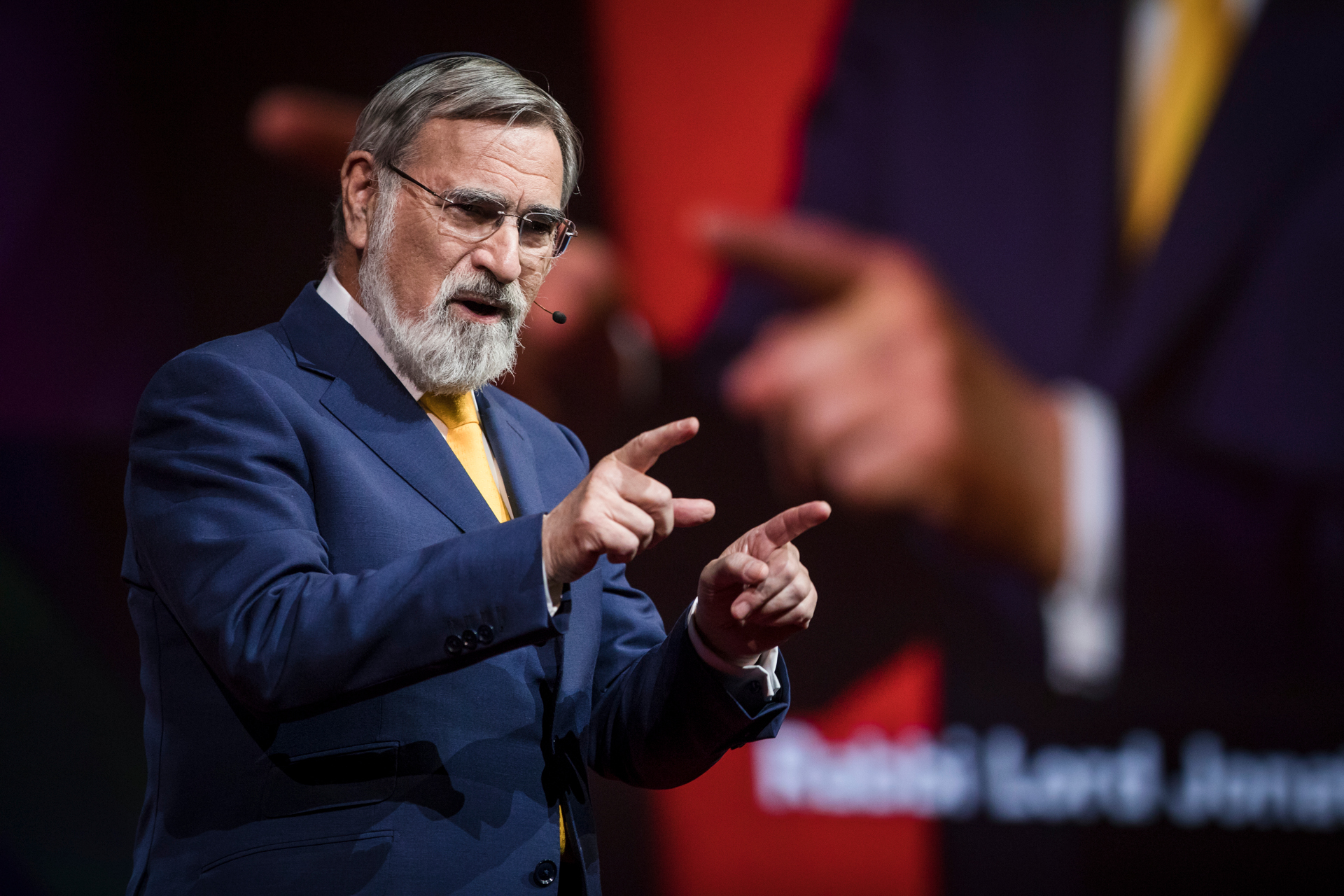In the introduction to his Haggadah, Rabbi Sacks explains how Pesach is “an intensely political festival. It is about the central Jewish project, constructing a society radically unlike any that had existed before and most that have come into being since”.
Now that we have Jewish sovereignty after eighteen centuries, we can do this, he argues, “in two ways: by defending Jewish interests, or by articulating Jewish principles”. Whilst we must of course defend our interests in times of existential crisis, in our Jewish state we have the immense privilege of bringing Jewish values into the political arena in order to shape that society. Yet, this year, more than perhaps any other, at the level of leadership, this ideal feels further away than ever.
The latest corruption allegations against Prime Minister Netanyahu’s closest aides in the Qatar-gate fiasco have led to serious questions about the influence behind Israeli government decisions. Strikingly, Netanyahu has not disavowed the allegations themselves that funding was covertly being received from Qatar. This compounds the ongoing trial of Netanyahu himself for bribery and fraud. In parallel the Israeli government has dismissed the head of the Shin Bet during the war, whilst simultaneously claiming that the ongoing national state of emergency caused by the war prevents the establishment of a national enquiry. Further, it seems to turn a blind eye to Jewish extremist violence in the West Bank and continues to enable the charedi draft exemption, most recently through huge budgetary payouts.
Settlers burned cars, field and property belonging to Palestinians in the West Bank in response to a deadly terror attack that left four Israelis killed. June 20, 2023. Courtesy: Twitter.
Many are feeling a deep discomfort at the moral character of Israel’s government and an ever-increasing concern about where it is leading. According to latest polls, 72.5% of Israelis believe the government should resign. As diaspora Jews, most of us want to be by Israel’s side and yet to do so we must speak up for the Jewish values at risk. We are stakeholders and the Jewish world is interconnected. The Israeli government often speaks for the entire Jewish world and certainly affects us reputationally.
Public criticism can feel deeply disloyal. Many instinctively want to remain wholly positive about Israel, given the level of anti-Zionism all around us. For some this positivity stems from an understandable but, in my view, counterproductive effort to cultivate strong Jewish identities amongst the younger generation. Others simply feel despondent and powerless given the direction of the political discourse across so much of the world. Many are concerned they lack sufficient knowledge about politics and security matters. So many issues are conflated – some may be willing to criticise the government’s autocratic policies but less willing to criticise the wartime decisions.
In my opinion, we must all speak for Jewish values and hold our leaders to standards of proper ethical behaviour, including in times of national emergency and the ongoing fight for survival. This is not an alternative to defending Jewish interests. It is our Jewish interest.
Sadly, the ostensibly religious voices in the coalition represent its most extreme elements. Within the spectrum of Israeli religious Zionism, nationalism has always competed with its religious and liberal pillars (as described by Yair Sheleg in his new book ‘The Triple Chord’). This is playing out in ever more extreme ways, with its messianic and even Kahanist fringes in the ascendency. Now is the time for those who value the place of those other two pillars to speak out more loudly. Extreme nationalism cannot be allowed to trump our Jewish values. Nor can we allow the mantra of unity to be a smokescreen for the most divisive government in Israel’s history.

Rabbi Lord Jonathan Sacks speaks at TED2017 – The Future You, April 24-28, 2017, Vancouver, BC, Canada. Photo: Ryan Lash / TED
The Pesach story is no longer – as it was for so many centuries – primarily about a distant past and an equally distant future. As Rabbi Sacks reminds us: “It is about the present and the values by which we should strive to live.”
I pray this year that we have the courage to articulate our aspirations for the society that the Jewish people are still in the process of creating. Let us stand with Israel to not give in to the politics of despair or the politics of fear but rather to return to the politics of hope. Let us all commit to supporting the Israeli people and to together building that aspirational society and holding its leadership to account for what they do that affects us all.
- Joanne Greenaway is the CEO of LSJS